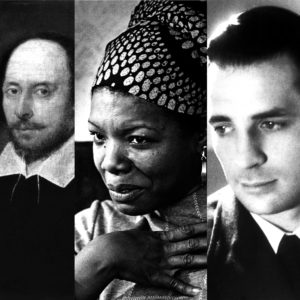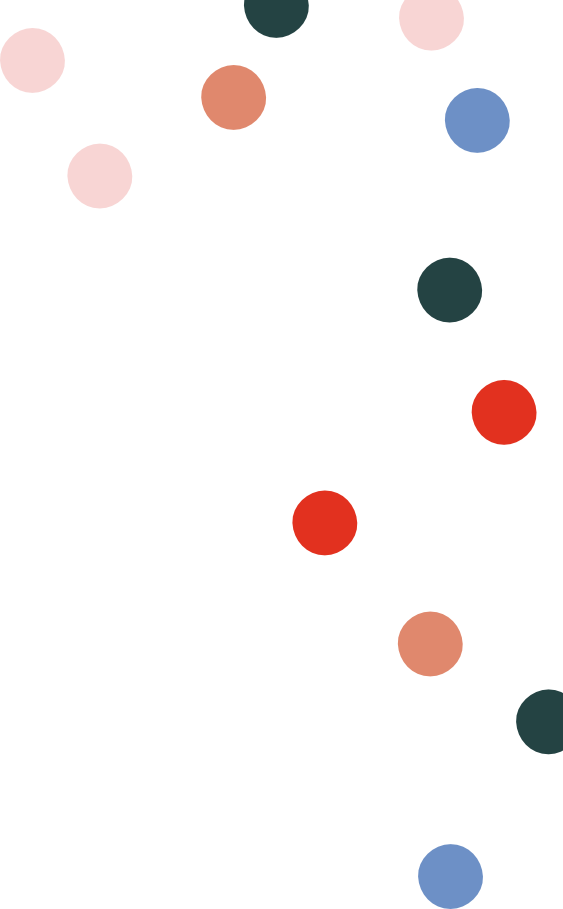 There is something magical about the ability that poetry has to capture moments of reality into strings of symbols within visually pleasing formats that can open up entire realms of imagery and experience once entered into our consciousness. Rhythm is a visceral feeling, and it is to be noted that poetry is more ancient than prose. The goal of reading poetry is never to overanalyze it to death, but to understand ourselves more based on the reactions that we have when we experience the words. To understand the details and technicalities of our own minds – our own reactions to, interpretations of, and interactions with the poem. Aimé Césaire said “poetic knowledge is born in the great silence of scientific knowledge”. Poetry helps us learn language in a different, more melodic way, where we can focus more on syntax, diction, lines, sonics, rhymes, and rhythms. Poetry is a familiar way to express language as a living being—the sounds of animals, especially birdsong, often express through a rhythm or a rhyme. Poetry also allows for abstraction of thoughts, and allows emotions to be expressed in illogical ways, ways which reflect real life, which tend to be illogical. Often our realities and our own thoughts are unreasoned, abstract, fragmented, and interrupted, and poetry is a vessel in which we can genuinely express these vernaculars. Poetry allows us an examination of our overly familiarized world with an abstracted, de-familiarized lens.
There is something magical about the ability that poetry has to capture moments of reality into strings of symbols within visually pleasing formats that can open up entire realms of imagery and experience once entered into our consciousness. Rhythm is a visceral feeling, and it is to be noted that poetry is more ancient than prose. The goal of reading poetry is never to overanalyze it to death, but to understand ourselves more based on the reactions that we have when we experience the words. To understand the details and technicalities of our own minds – our own reactions to, interpretations of, and interactions with the poem. Aimé Césaire said “poetic knowledge is born in the great silence of scientific knowledge”. Poetry helps us learn language in a different, more melodic way, where we can focus more on syntax, diction, lines, sonics, rhymes, and rhythms. Poetry is a familiar way to express language as a living being—the sounds of animals, especially birdsong, often express through a rhythm or a rhyme. Poetry also allows for abstraction of thoughts, and allows emotions to be expressed in illogical ways, ways which reflect real life, which tend to be illogical. Often our realities and our own thoughts are unreasoned, abstract, fragmented, and interrupted, and poetry is a vessel in which we can genuinely express these vernaculars. Poetry allows us an examination of our overly familiarized world with an abstracted, de-familiarized lens.
Photo: Sparkman
Words: Tattoli


